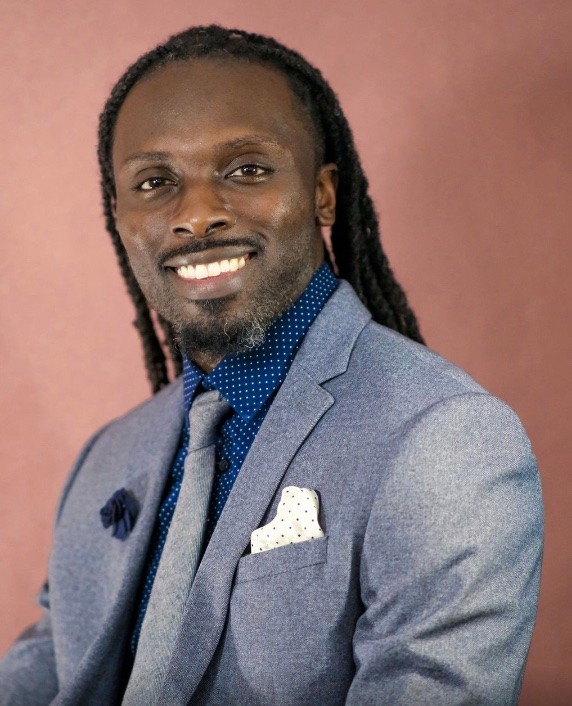We caught up with the brilliant and insightful Kwame Sarfo-Mensah a few weeks ago and have shared our conversation below.
Kwame, looking forward to hearing all of your stories today. Let’s start big picture – what are some of biggest trends you are seeing in your industry?
I would say one of the biggest trends happening in the education industry is the emergence of AI (Artificial Intelligence) technology in schools. While I believe that AI technology has the ability to revolutionize education, I also fear that it can serve as a hindrance to the academic growth of students, if they’re not taught how to use it properly. The biggest fear that I have is that the easy accessibility and over-dependence of these tools will cause children to become passive learners and have difficulties developing critical thinking skills. AI-generated tools and chatbots such as ChatGPT have the ability to generate whole essays and written responses, within a matter of seconds. When I was an undergraduate student at Temple University over 20 years ago, it was an absolute grind to write 10 to 15 page essays. I was pulling all-nighters and going to the campus Writing Center any chance I had to get my paper to completion. Now you can type in a prompt or question into an AI data generator and shave off numerous days that you would have been spending writing the essay. It’s that easy. From an educator perspective, AI is an amazing tool that facilitates student learning, collects and analyzes data on student performance, and helps educators make informed decisions about teaching practices and curriculum improvements.
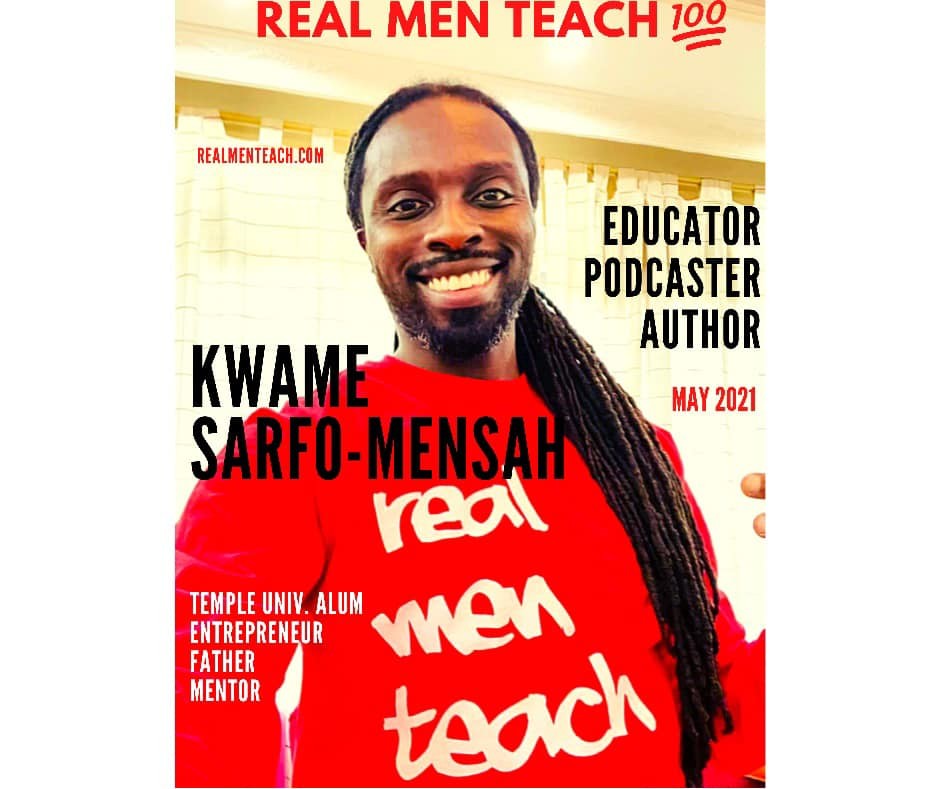
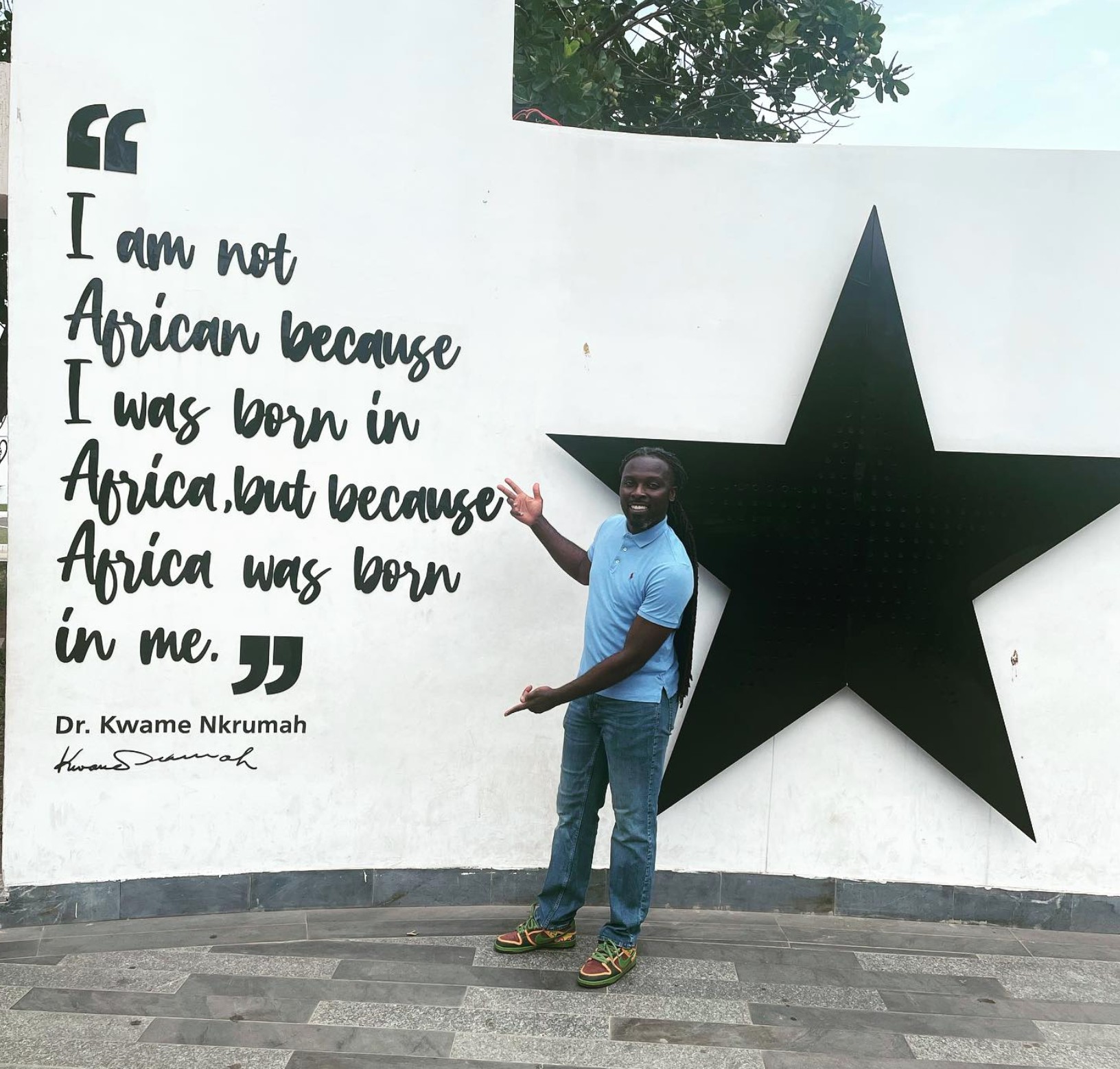
Kwame, love having you share your insights with us. Before we ask you more questions, maybe you can take a moment to introduce yourself to our readers who might have missed our earlier conversations?
When I think about the work that I do, there are many roles that describe it…………educator, consultant, podcaster, author, blogger, instructional coach, etc. The list goes on and on! Anyone who knows me personally or has been following my work on social media for the past few years knows that I eat, drink, sleep, and breathe education! For the past sixteen years, I’ve dedicated my life to teaching and serving the youth. Growing up in a family where education was a high priority, I think it was inevitable that I would become a teacher. The moment I started mentoring Black and Brown children during my undergraduate years at Temple University, I knew this is what I wanted to do for a living. This passion has evolved into my life’s work.
My education consulting firm, Identity Talk Consulting, exemplifies the essence of my work, which is focused on helping educators develop culturally responsive and identity-affirming practices that will enable students to experience the joy of authentic learning and liberatory thinking in the classroom space. With every client I work with, the goal is always to shift their mindset for the purpose of centering the humanity of each and every student who enters their classroom. For the past five years, I’m proud of the fact that I’ve been able to support thousands of educators with the various services and products I provide. From my books to my consulting services and weekly podcasts, I take pride in the fact that teachers are able to build their capacity and further their professional learning as educators.

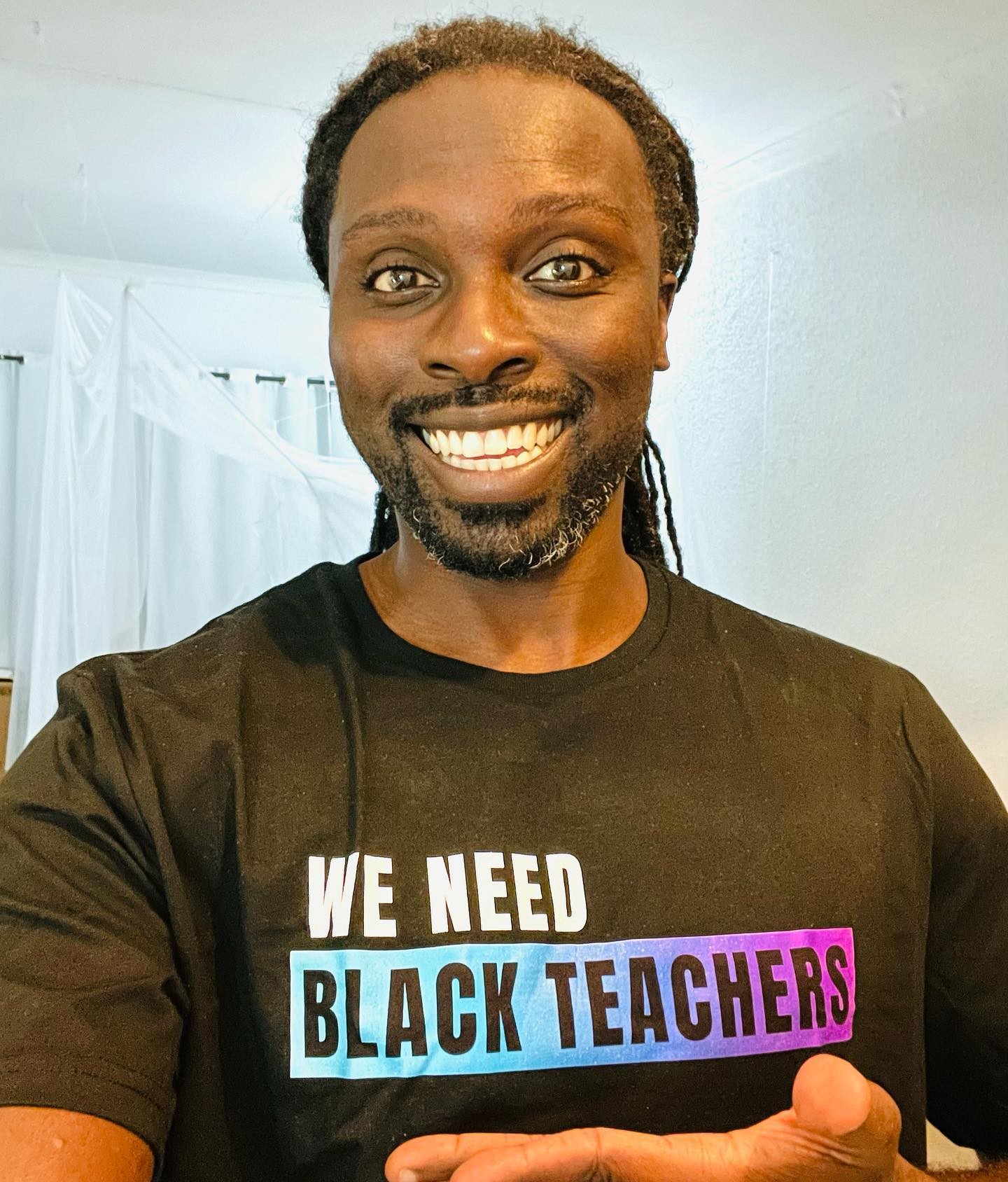
Any stories or insights that might help us understand how you’ve built such a strong reputation?
In my case, it has been a combination of things that has helped to build my reputation within the education industry. Knowing that we’re in the midst of this highly advanced technological era, I’ve been very intentional about expanding my digital footprint by doing the following things:
– Having a prominent social media presence across different platforms such as Instagram, Twitter, and LinkedIn. Through social media, I’ve been able to connect and collaborate with like-minded educators and influencers who are just as passionate and determined to disrupt the education system and make it equitable for all students and stakeholders.
– Serving as an editorial writer for different education news media companies such as EdPost, Edutopia, and Teaching Channel.. Writing monthly blogs and short article pieces has allowed my voice to reach a multitude of educators and other readers.
– Being the host of two podcasts, Identity Talk 4 Educators LIVE and Radical Math Talk, has not only given me the privilege of interviewing educators across the globe but it has also helped me to expand my knowledge about the educational climate in other continents outside of North America.
– Appearing as a guest, panelist, or expert on podcasts, radio shows, and programs hosted by other educators and influencers within the digital space
.
– Authoring two self-publishing books (and currently writing another one with a major professional education books publisher) that focus on teacher identity development and building culturally responsive teaching practices.
In the end, all of these things have helped to position me as a thought leader in the education space. The more visible and accessible I have made myself through social media, my blogs, my books, my podcasts, and other creative endeavors, the more exposure that people have to my educator work. So often, we pass up on opportunities to share our expertise because they don’t generate immediate profit or we’re waiting for the “right” opportunity to fall in our lap. When I first started my educational consulting firm, I did a whole lot of pro bono work for various K-12 schools, districts, and universities because I knew it was an initial step I had to take to showcase my work. I needed to build my library of receipts by collecting reviews or testimonial letters/videos from the different clients I supported.. As more schools became exposed to my work, word spread about my consulting services and that led to more lucrative consulting opportunities.
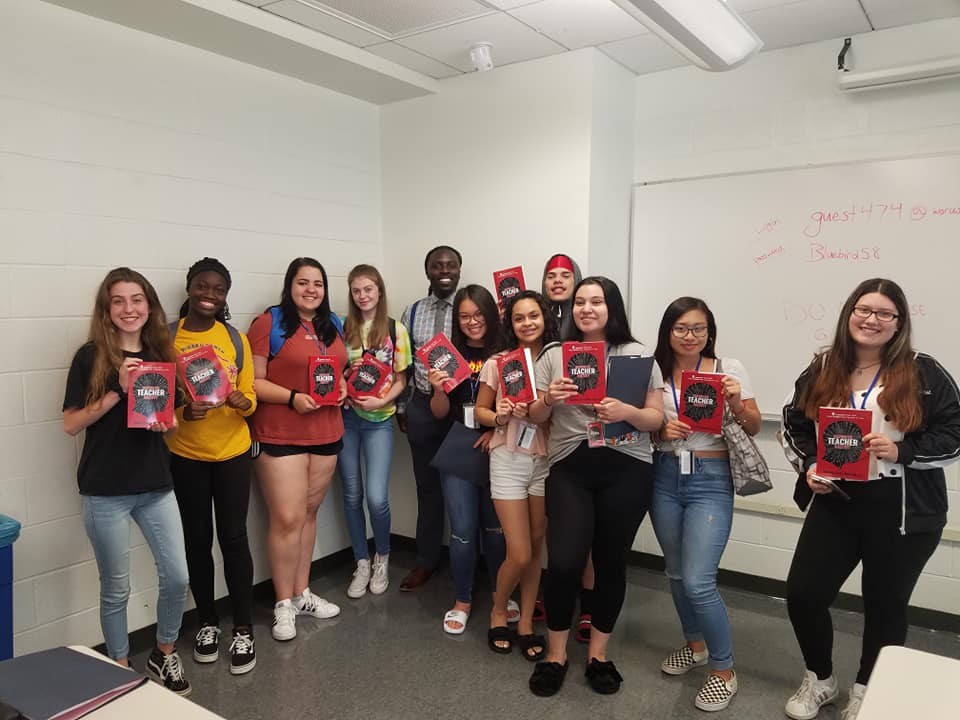
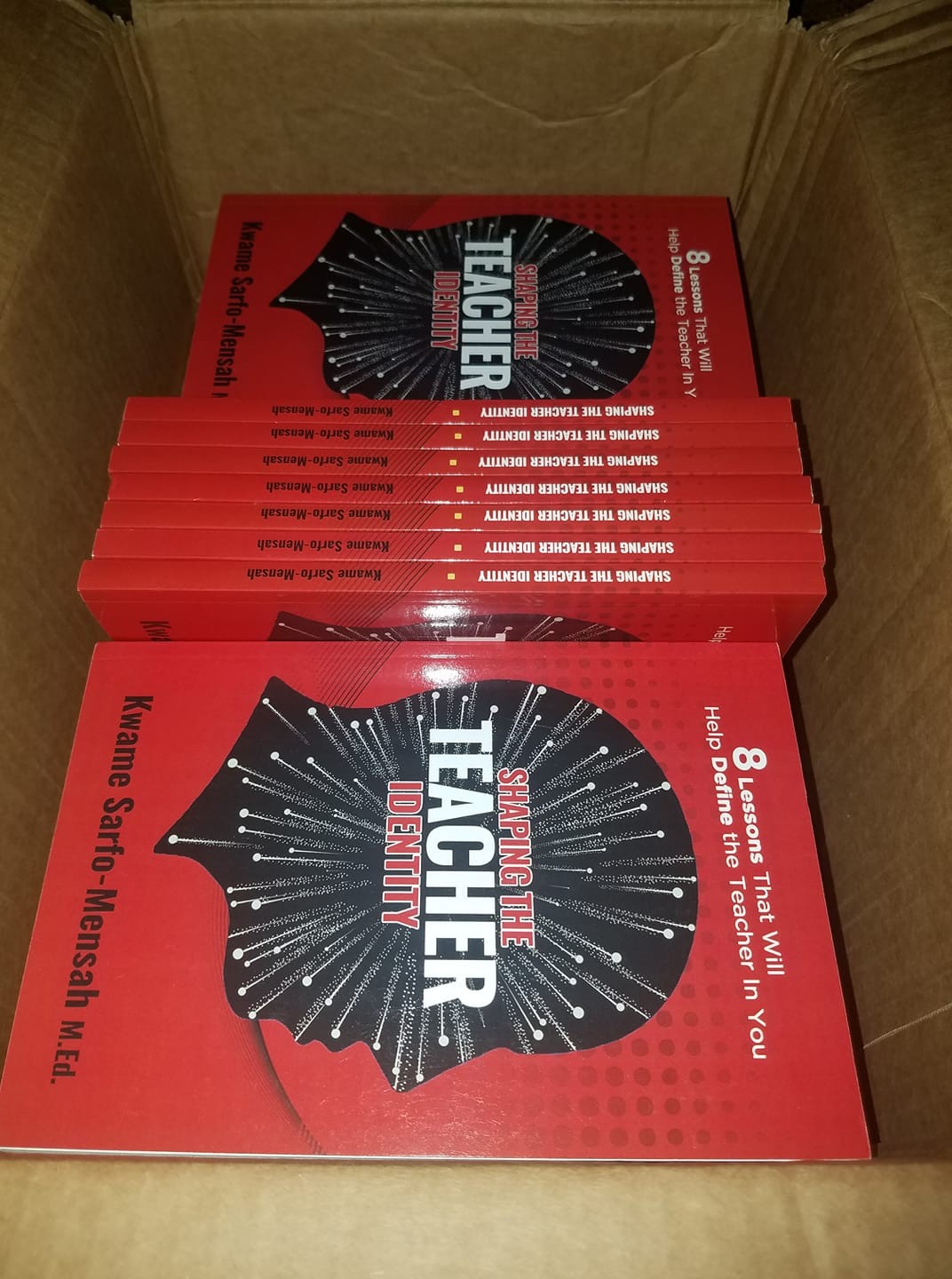
Where do you think you get most of your clients from?
Based on the feedback I’ve received from my most recent clients, I would say the best source of new clients for me has been LinkedIn. Even though Instagram is my official social media home and majority of my followers are there, LinkedIn has been the platform where I’ve been able to network with the most educators and gather the most clients. And because LinkedIn has a reputation for being the premier professional platform, prospective clients are able to view my credentials, my resume, and all my other career information on my profile page. Just about everything you need to know about me professionally is on that page so once folks review my information, they see that I’m the real deal and that’s enough for them to, at the very least, want to engage in an exploratory conversation about how I can support them in their pursuit of becoming the best educator they can be.


Contact Info:
- Website: https://www.identitytalk4educators.com/
- Instagram: https://instagram.com/kwam_the_identity_shaper
- Linkedin: https://www.linkedin.com/in/kwame-sarfo-mensah-76142482/
- Twitter: https://twitter.com/identityshaper
- Youtube: https://www.youtube.com/channel/UC8mP1u2wPVb4UAuct9cM_Yw
- Other: https://podcasts.apple.com/ie/podcast/identity-talk-4-educators-live/id1509599570


